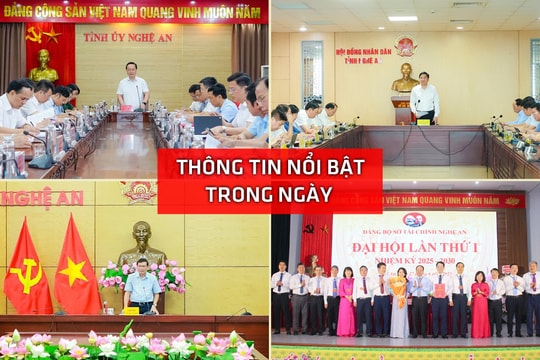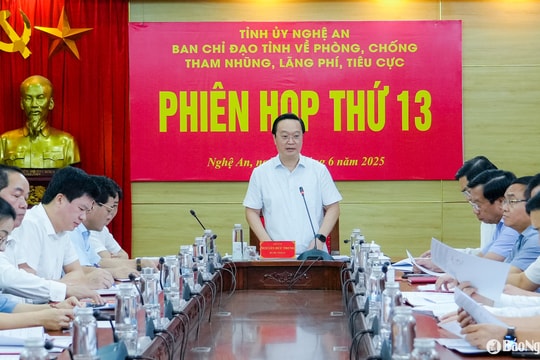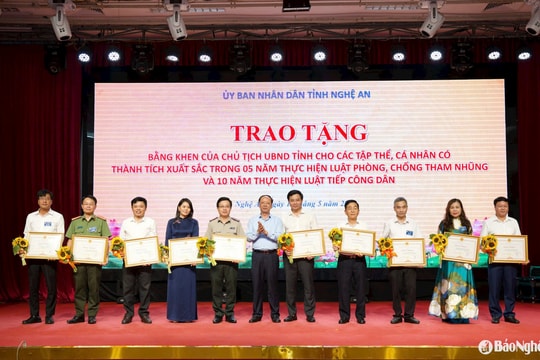Is it feasible to tax officials' assets of unknown origin?
The draft law stipulates the collection of tax up to 45% of the value of assets and income. However, many opinions suggest specific regulations to ensure feasibility.
This morning (April 11), the National Assembly Standing Committee gave its opinion on the draft Law on Anti-Corruption (amended). One of the contents with many different opinions is the handling of assets and income declared untruthfully, and assets and income increased without reasonable explanation of the formation of assets and income.
Government Inspector General Le Minh Khai said that the Government is leaning towards the option that within 30 working days from the date of issuance of the asset and income verification conclusion, the agency or unit controlling the asset and income shall send the asset and income verification conclusion to the competent tax department to request the collection of personal income tax in accordance with the provisions of the law on tax (45% of the total value of assets and income).
|
| Government Inspector General Le Minh Khai: Do not exclude criminal liability to avoid understanding that legalizing the remaining 55% of the asset value |
Tax collection does not exclude criminal liability and property confiscation against the declarant if the prosecuting agencies in the process of resolving the relevant criminal case prove that the property was obtained or originated from a criminal act.
“The Government chose this option because it believes it is suitable for the current conditions and circumstances of our country, in order to demonstrate the State's attitude in handling income and assets of unclear origin when both the person obliged to declare and the competent State agency do not have sufficient evidence to verify the establishment of legal ownership according to the law” - Mr. Le Minh Khai said; at the same time, emphasizing that not excluding criminal liability and confiscating assets is to avoid the understanding of legalizing the remaining 55% of the asset value.
Presenting the review report, Chairwoman of the Judiciary Committee Le Thi Nga said that, specifically forThe law has not yet provided any regulations on handling assets and incomes whose origins cannot be reasonably explained, while it does not exclude the possibility that some of these assets may originate from corruption or violations of the law, but the State has not been able to prove it. Therefore, it is necessary to supplement regulations on handling this type of assets and incomes.
However, Ms. Le Thi Nga also emphasized that this is a big issue, related to property ownership, which is a fundamental right of citizens as stipulated in the Constitution, so the handling method needs to be carefully considered to both ensure the fundamental rights of citizens and meet the requirements of anti-corruption.
The social characteristics of our country are that people have a tradition of accumulating, saving, donating, and inheriting within the family; the assets of officials and civil servants are formed from many different sources (in addition to income from salary, many people also work extra to increase their income in many forms) and the State has not yet controlled the income of the whole society, current laws have not yet required people to prove the origin of the money to buy assets, especially assets of great value; there are no regulations on taxing assets... In that context, determining the reasonableness of the origin of assets in general is a very complicated issue.
Legally, it is impossible to automatically consider assets whose origin cannot be reasonably explained as corrupt assets to be confiscated by criminal measures in the direction of "presumption of guilt". On the other hand, if it is considered as State assets to establish State ownership according to civil proceedings on resolving ownership disputes, it is not in accordance with the provisions of the Civil Code.
“This is the first time we have raised the issue of handling such assets, so we need to proceed cautiously and take appropriate steps. At the same time, we need to specify the criteria as a basis to determine which cases are considered “unreasonably explained” to avoid arbitrariness and inconsistency in the application of the law,” said Ms. Le Thi Nga, adding that in addition to the two opinions supporting the two options proposed by the Government, there are opinions suggesting criminalizing the act of illegal enrichment./.

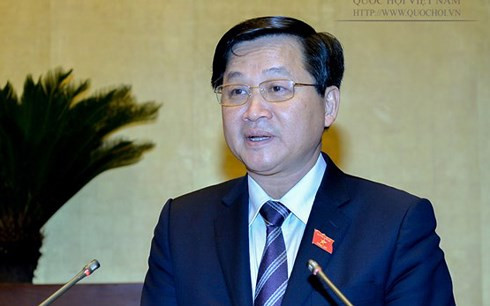
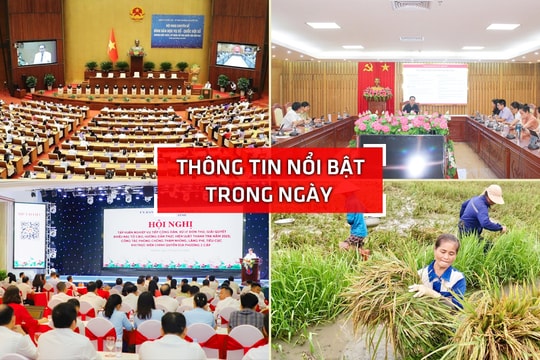
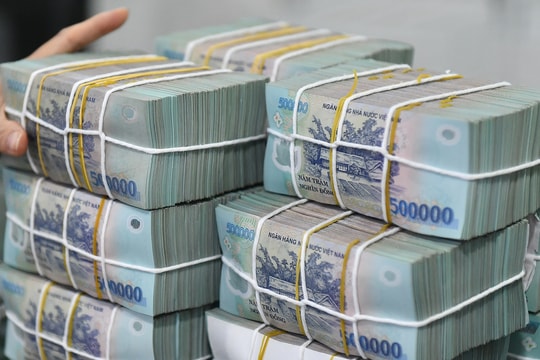
.jpg)

